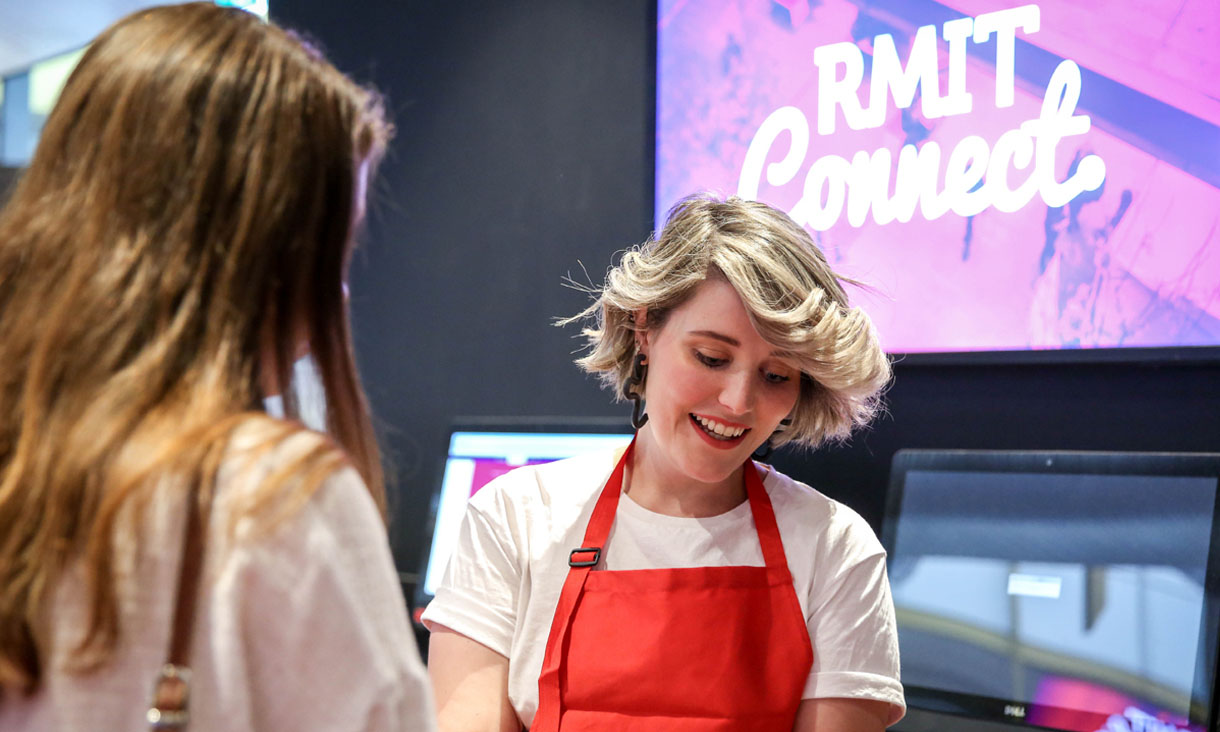How to become a project manager
Learn how to help other people work together towards a common goal (on deadline, under budget… ideally).
How to become a psychologist
Build a career exploring human behaviour, promoting mental health, and providing therapeutic support.
How to become an engineer
Learn how to develop technological solutions to the world’s biggest and smallest problems as an engineer.
How to become a teacher
Inspire and nurture the next generation, shaping minds and fostering a lifelong love of learning.












